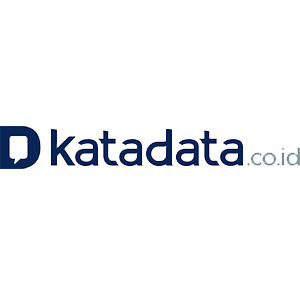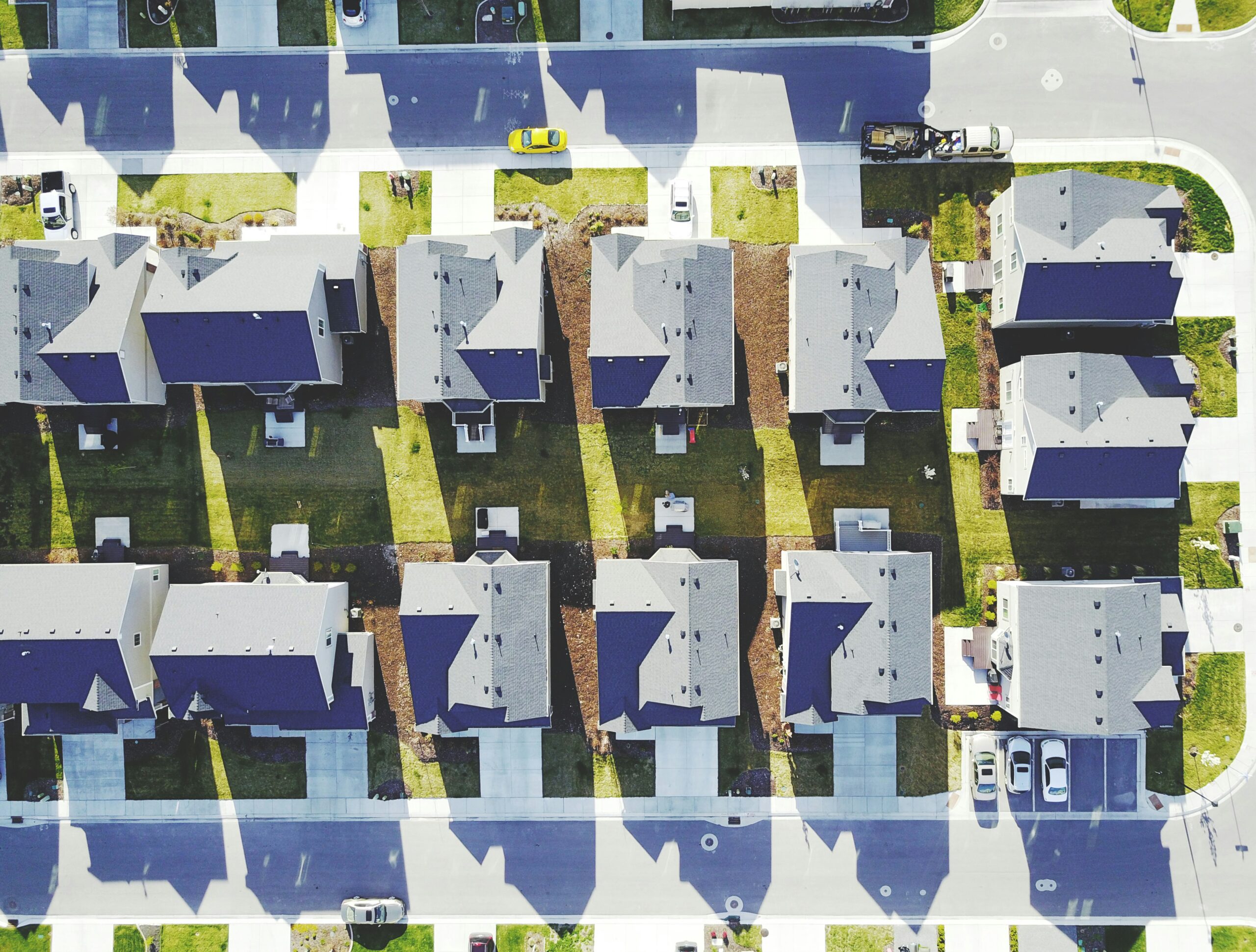Author: Muhammad Taufik
Editor: Anshar Dwi Wibowo
28 October 2024

Homeownership continues to be a pressing challenge for many Indonesians. While the housing shortage, or backlog, has shown a declining trend over the last four years, the current figures remain alarmingly high.
The root of this issue lies in two main factors: the significant disparity in housing access between urban and rural areas, and the high cost of property in urban centers, particularly in major cities.
As revealed by the 2020 population census, 56 percent of Indonesians now live in urban areas. However, rising property prices and scarce land in these regions make it increasingly difficult for younger generations and informal workers to purchase homes.
In rural and coastal areas, many residents are still living in substandard housing conditions. This situation is worsened by the limited availability of affordable home financing options, both for current needs and future planning.
Current housing programs have proven insufficient to fully address these problems. In response, the Indonesian Business Council (IBC) has compiled a white paper titled “15 Policy Recommendations to Support the Development Agenda of the President and Vice President of Indonesia 2024-2029.”
This white paper outlines several proposals, with housing being one of the key focus areas. The IBC suggests three major policy recommendations for housing.
First, the government must aggressively improve spatial planning, maximize land use, and simplify the permitting process for housing development.
Second, innovative financing programs for affordable housing must be expanded, along with continued support for home improvement initiatives for low-income families.
Third, enhancing public transportation infrastructure is essential to alleviating housing challenges. Better mobility would provide more affordable housing options outside city centers, easing the pressure on urban areas.
This article is in collaboration with:



